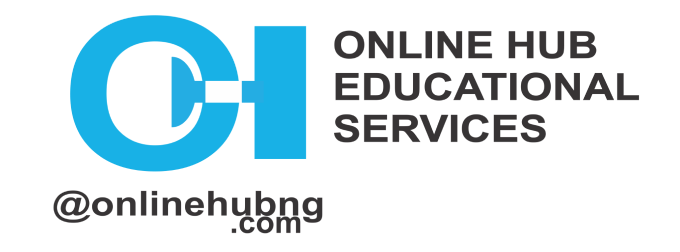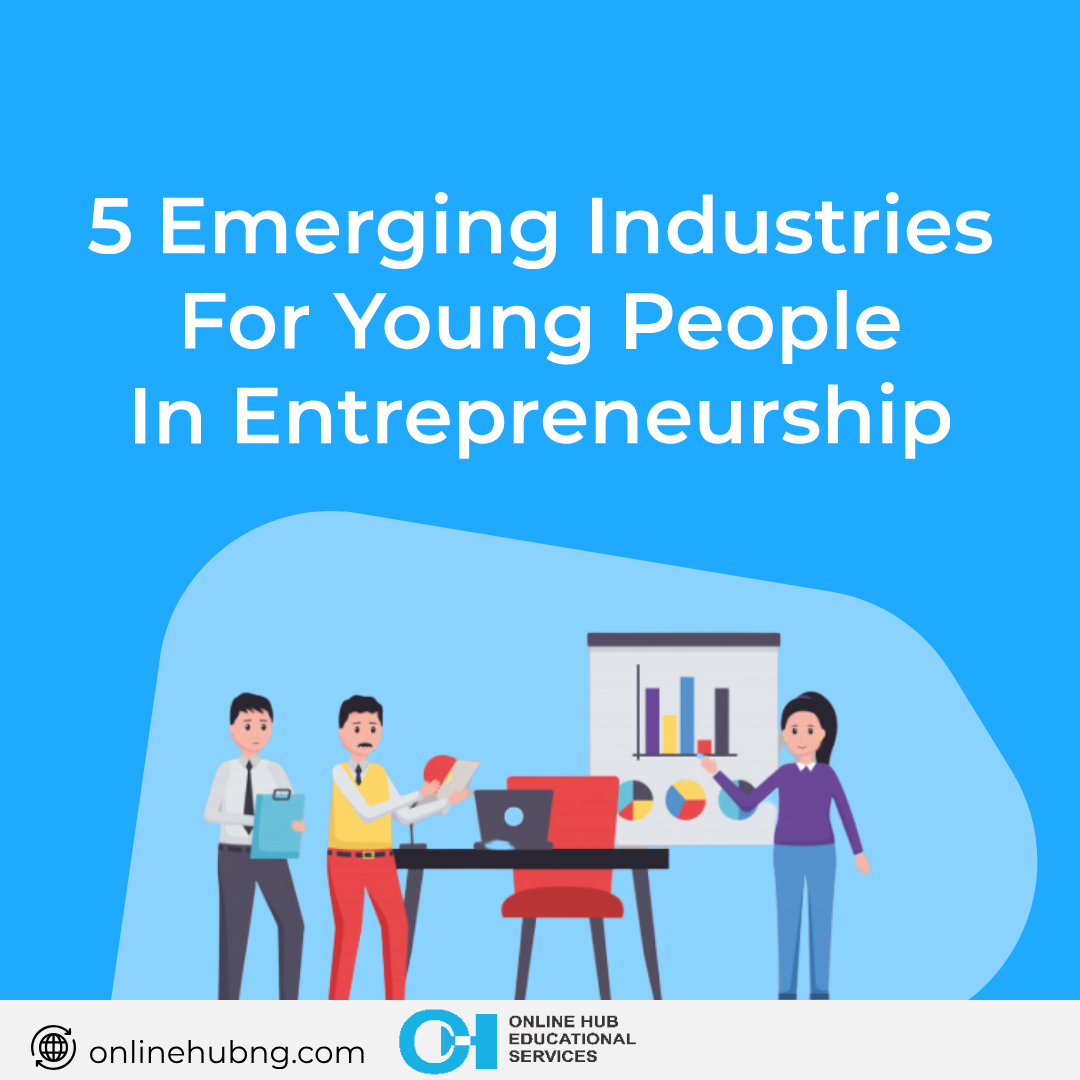In their Jobs for Youth in Africa 2016-2025 Strategy, the African Development Bank notes:
“The scale of the youth unemployment problem in Africa requires bold, ambitious approaches.” Strong partnerships are needed, it says, to bring “coherence and scale to youth employment interventions across the continent”.
But the truth is, we are destined for failure if everyone tries to go it alone. Private sector, governments, inter-governmental organizations, non-profits, individuals … now is the time to harness the power of collaboration.
Preparing Africa for the digital economy will help contribute to the Global Goals. With 11 million young Africans entering the labour market each year, Initiatives driving ICT skills development demonstrate that integrated efforts of public-private and NGO partnerships are needed to scale.
To facilitate access to ICT and bridge the digital skills gap, we have seen initiatives such as Dell’s Mobile Lab Initiative or One Laptop Per Child (OLPC) providing laptops to millions of children in developing nations. But to yield measurable gain in language and STEM scores the initiatives included more than just the hardware package. In countries like Rwanda, OLPC was driven as part of a strategic plan to foster creative uses for computers in the classroom and upskill teachers and parents in each community.
Living language, growth engine, enabler, door-opener: in the digital century, ICT has become more than the sum of its parts, and so has education.
Take Africa Code Week for example. Spearheaded by SAP and driven by a network of more than 100 partners – spanning local governments, NPOs, NGOs, educational institutions and businesses it is Africa’s biggest ICT skills development initiative. How is this possible? And why? And what role does the private sector play?
With 82,000 employees, SAP is helping more than 300,000 business, governments and non-profits run their organizations and navigate the bumpy road to digital transformation. We are uniquely positioned to work in cross sector partnerships because there is a direct link between a region’s digital adoption and its overall economic competitiveness. Making the world run better and improving people’s lives is more than a CSR strategy for SAP, it has been our core vision as a company for the past 44 years.
Think like a coder
Beyond coding skills, what Africa Code Week is imparting is the “coder’s mindset” – the very culture of innovation and creativity that will enable the young generation to turn challenges into opportunity and opportunities into prosperity for entire communities.
But can one impart what they haven’t received first? Teacher and parent empowerment is the fuel that enabled Africa Code Week to spread digital literacy to almost 90,000 youth last year and more than 426,000 this year. The snowball effect of trained educators becomes obvious by a simple look at the increased year-over-year year growth. Throughout 2016, 100 SAP skilled volunteers travelled to 30 African countries to train over 5,600 teachers, educators and parents.
Africa Code Week is fostering a sense of collaborative action that cascades all the way down to the classroom, encouraging students to become bold innovators themselves as they realize coding has a solution for every challenge out there. That’s when the school curriculum becomes relevant to both the children and the community they live in. I believe this is one of the reasons why Africa Code Week has everyone talking and all stakeholders on board: far beyond shared value, it brings shared meaning to the table. So much so that Africa Code Week is now actively supported by UNESCO through their YouthMobile initiative, and by over 10 African governments as well as the German Federal Ministry for Economic Cooperation and Development.
Learn together, teach together
Africa Code Week works in perfect synergy with nations’ efforts towards reaching Goal #4 of the UN’s Sustainable Development Goals. And many of them made ICT skills part of their national education plans. Morocco proved it again last month with over 165,000 youth introduced to coding nationwide as part of Africa Code Week 2016. This was brilliantly orchestrated by Education Minister Rachid Benmokhtar and GENIE Program Director Ilham Laaziz, who both sensed Africa Code Week was a unique leverage to accelerate and scale their vision of IT-empowered teachers and pupils.
In Morocco, South Africa, Ghana, Ethiopia, or Nigeria, we also witnessed massive cohorts of teachers getting trained in the run up to Africa Code Week, supported by a renewed network of collaborating government bodies, education departments, community centers, science centers, schools and local non-profits. In Ghana, the foundation of local technology company DreamOval joined Africa Code Week as it perfectly fits to their goal to improve the quality of ICT education for 170,000 teachers nationwide over the next 10 years.
The foundation’s services include the I-Teach program aiming to build capacity in ICT for teachers in underserved communities by providing access to computers and internet and introducing them to basic IT knowledge such as working with a computer, maintaining the hardware and working with office programs. iTeach includes a 5-day curriculum with a built-in multiplier concept. Participating teachers do not only acquire the knowledge themselves but through train-the-trainer sessions they also learn how to forward it to others. Only teachers who participated in train-the-trainer sessions are admitted to further advanced courses. In addition to iTeach there is DOTTS, open events that center around the knowledge driven economy and society. These events foster the understanding of the pivotal role IT plays and enables teachers to become informed role models who transfer inspiring knowledge to Africa’s next generation.
The digital revolution is moving things around us much faster than ever before and education is no exception. It is literally igniting an entire region and continent, reminding us to never underestimate the ripple effects of an empowered community where people’s thirst to serve as resources for one another is being quenched. Of course, there is still ground to be covered in several arenas, especially when it comes to providing better access to computers and internet and increasing the number of girls in information communication and technology related trades. But the right culture and partnerships have been seeded for young people’s wildest dreams to bear fruit.
Originally published on World Economy Forum.





